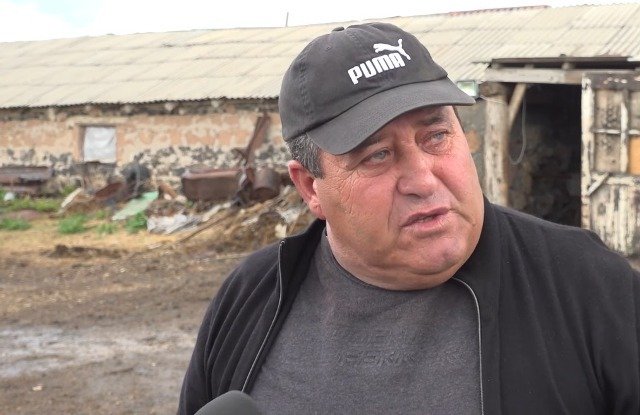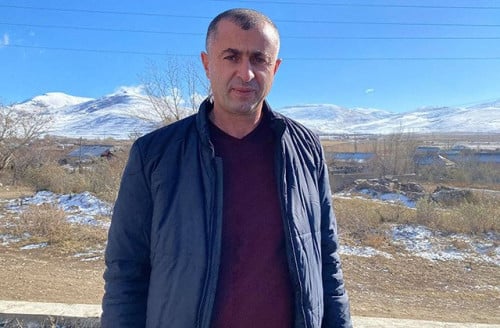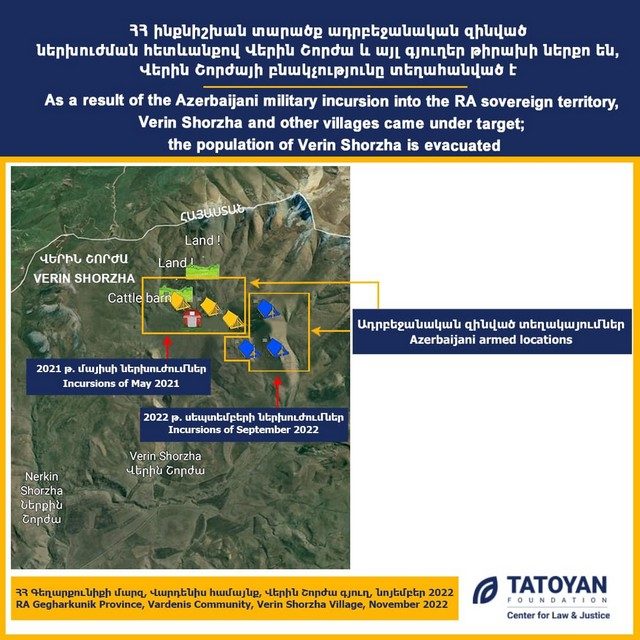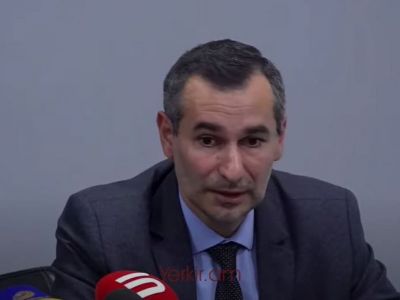VARDENIS, Armenia — After the 2020 war, life became unbearable in a number of villages of the Vardenis district of Gegharkunik Province. The brief hostilities that followed the war and the fighting that lasted for several days in September 2022 made it difficult for the villagers to earn their livings. Among these villages are Verin [Upper] Shorzha (12 km. from Vardenis) and Nerkin [Inner] Shorzha (11 km. from Vardenis), which after the war for the first time in the post-Soviet era ended up having a border with Azerbaijan, which took control of the neighboring Karvachar region as a result of the 2020 war.
According to the 2001 census, there were 31 people living in Upper Shorzha, 44 people in Inner Shorzha, while as of 2011, there were 23 people in Upper Shorzha and 12 people in Inner Shorzha. These are, of course, only permanent residents, while there have also always been a lot of people engaged in animal husbandry there from neighboring villages. These villagers lived a relatively normal life until the 2020 war.
Today, there are problems of access to drinking and irrigation water, safe roads and human rights in those villages, because the Azerbaijanis occupying the territory of the Republic of Armenia constantly keep the villages under fire. At the end of last year, the Tatoyan Foundation conducted monitoring and informed international organizations and structures of the terrible situation in those villages. According to the foundation’s report, “There is no civilian population in the villages of Verin and Nerkin Shorzha. They have become abandoned villages. Water basins and natural water sources for Geghamabak, Jaghatsadzor, Ayrk, Verin Shorzha, Nerkin Shorzha and other villages came under Azerbaijani control or observation from May 2021, and this became more profound after the September 2022 war. There are either serious problems with access to water in the villages or there is no access at all.”

Artyom Yeranosyan, the administrative head of the Inner Shorzha settlement, responded to the statement of the Tatoyan Foundation: “People will return again in the spring. They are wary of possible blockage of roads as a result of heavy snowfall. As you know, there’s a lot of snowfall in this area. People moved to Vardenis, Akunk and neighboring settlements, but they will return again. It was mainly soldiers who stayed in the village. The village remains under observation by the enemy.”
He added, “I want to mention that I am also in the village at the moment, because I am the administrative head. I will not leave. Fortunately, the houses in the village are mostly standing and I am sure that everything will be fine. There are people who also have houses in Vardenis. They will return in March. This also is dependent on the weather. The population will be in place.”
Hakob Avetyan, head of the enlarged municipality of Vardenis, speaking about the problems of the villages, said that everything is being done to make the situation bearable, but it is very difficult because people’s lives are in danger. He declared: “There is a water problem in the villages. The hydroelectric plant is not functioning. There are no shops. The roads can be closed every minute and there is a shortage of essential medicines. People have left because of these reasons. Of course, people come to the villages from time to time, but not permanently.”










